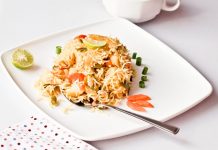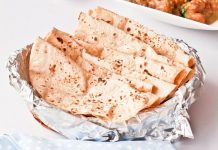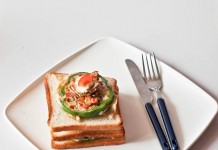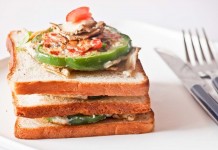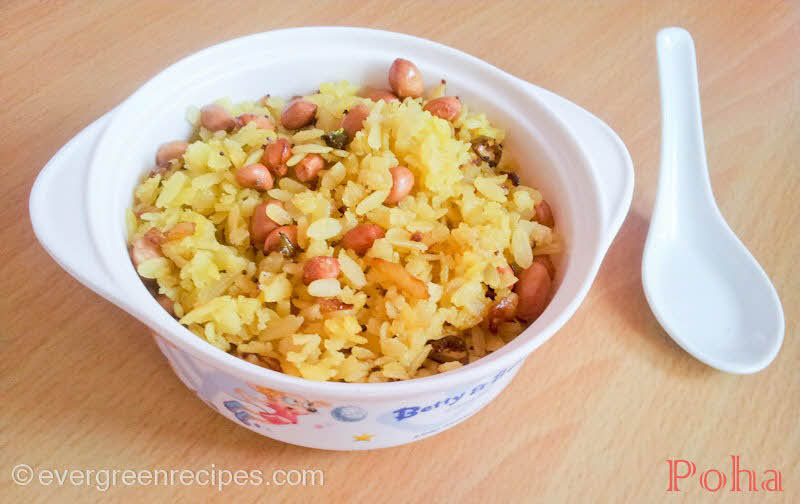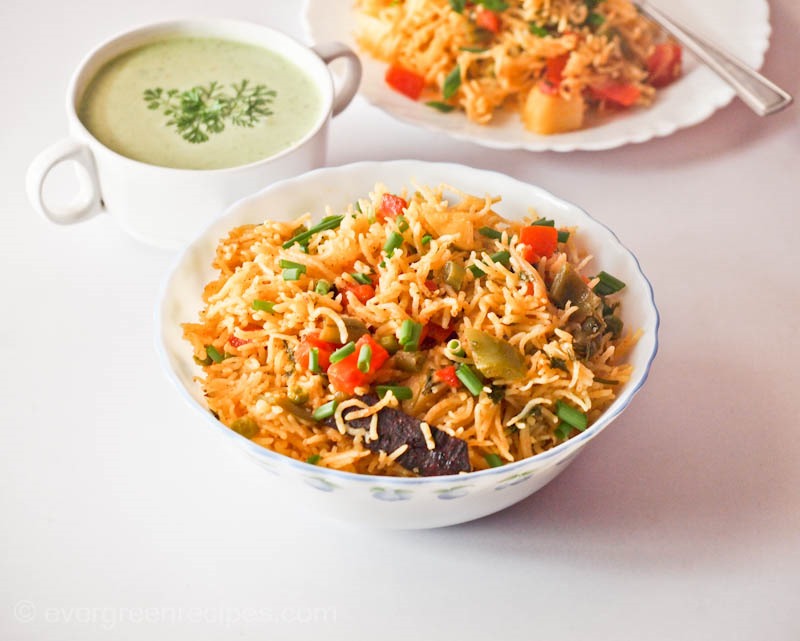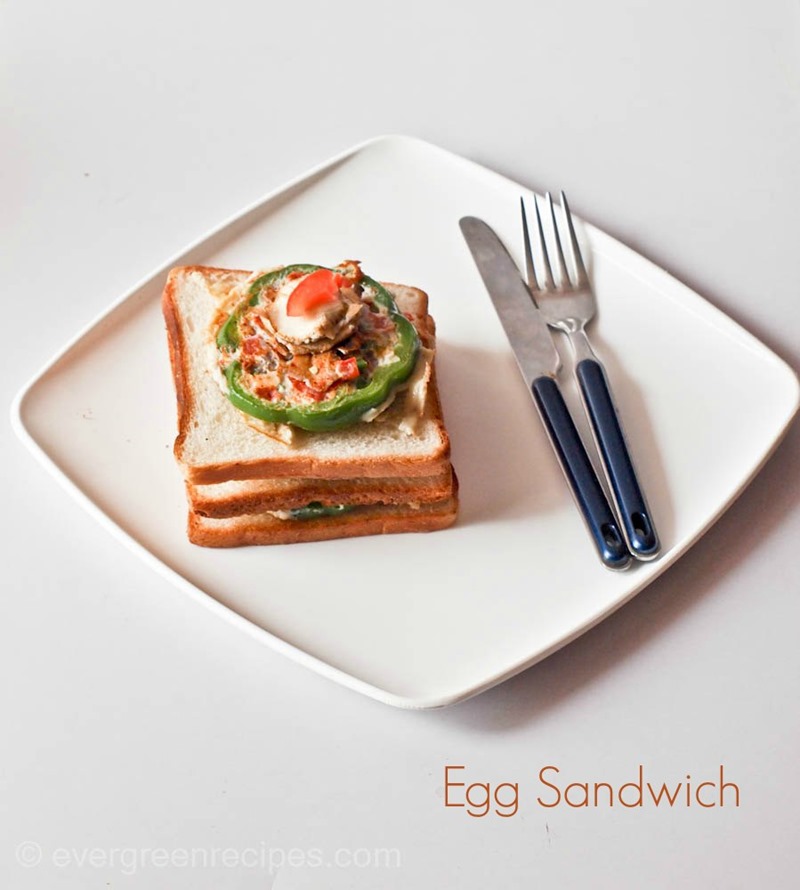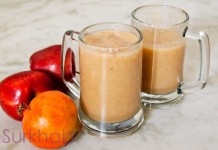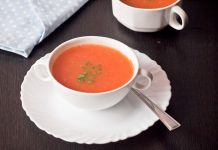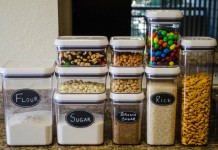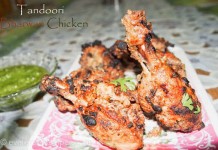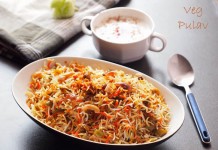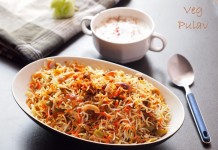There is a connection between eating and exercising. A healthy diet is necessary to supply the body with the calories and nutrients it needs to provide energy for daily activities including workouts.
You are required to eat the appropriate types of foods at the right times to have the best results from your workouts.
Here are some tips when it comes to eating and exercising
Start your day with a healthy breakfast
Are you a morning person when it comes to working out? You need to wake up early enough and have your breakfast no less than one hour before your workout.
You need to fuel up well as you go to exercise. According to several studies, drinking or eating carbohydrates before exercising can not only improve your performance but may also help you to work out longer or at a higher intensity.
You could feel light-headed if you exercise on an empty stomach. A light breakfast or a drink, like an energy drink, is a good option if you will be working out within an hour. It is advisable to go for carbs for maximum energy.
Some good food items for a healthy breakfast include bananas, juice, yogurt, low-fat milk, pancakes, and whole-grain bread or cereal.
Eat the right carbohydrates
It is critical to eat the right carbohydrates—the complex carbs supplied by whole grains, vegetables, fruits, and other foods as opposed to simple carbs from processed foods.
Complex carbs take longer to digest, thus keeping you fuller longer and providing energy to the body all day long. They also help to stabilize the levels of blood sugar and may have the vitamins and minerals necessary for proper body functionality.
As you consider eating healthy carbohydrates and other foods, you can include steroids from reliable vendors like steroids-evolution.com to supplement your diet and exercises to help you achieve your goals.
Include proteins in your snacks and meals
Protein helps your body’s growth, repair, and helps it to be well-maintained. You also need protein for building and repairing muscles and to assist you in reaping the benefits of exercise. Protein can also act as a source of energy when carbs are not available even though they are not a major energy source during a workout.
Adults should consume 0.8g per day for each kilogram of their body weight. Those active in workouts and the elderly may need more protein. Some good sources of protein include eggs, poultry like turkey and chicken, fish like salmon, dairy products such as milk and yogurts, red meat like lamb and beef, and legumes like beans.
You should focus more on lean meats as they have low quantities of trans-fats and saturated fats. Red meats and processed meats should be consumed in low quantities.
Consume more fruits and vegetables
Your goal should be to have fruits and veggies make up half of your plate at every meal. They supply the body with natural fiber, vitamins, minerals, and other crucial compounds that the body requires for proper functionality.
Besides, their calories and fat content are low. To benefit from the whole range of vitamins, minerals, and antioxidants that the two can offer, make efforts to “eat the rainbow” by getting fruits and vegetable of different colors.
Select healthy fats
Although fat is primarily meant for fueling aerobic exercises, the body has plenty to provide energy for extended workouts.
Consuming healthy unsaturated fats supplies calories and fatty acids for the body to keep functioning. Fatty acids also help to reduce inflammation. Healthy sources of fats include avocados, nuts, olives, seeds, and healthy oils like olive oil.
Stay Hydrated
Drink lots of fluids before, during, and after workouts to make sure that you do not get dehydrated. Water remains the best option to replace the lost fluids, but when working out for over 60 minutes, drink a sports drink.
This is because it can help to maintain the balance of your body’s electrolytes and supply some more energy thanks to their carbohydrate content.
Conclusion
The duration and intensity of your workout should dictate how frequently and what you should eat.
As a matter of caution, avoid including new food products before a sports event that takes a long time but instead let experience guide you on how your body handles the products.
You also need to realize that each person is different, so be keen on how you feel while working out and your overall performance.



